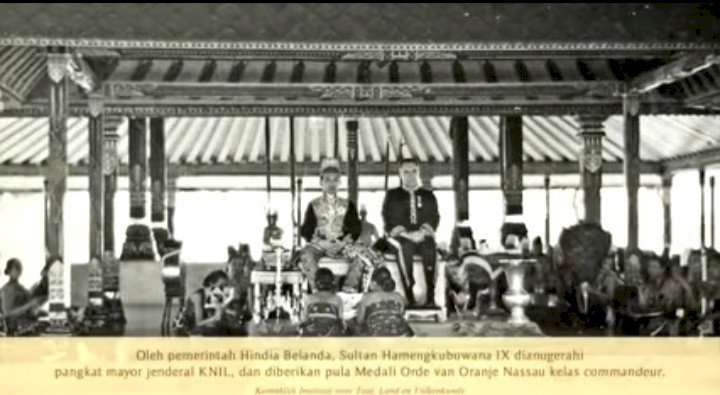The treatment process of the king of Yogyakarta
The king of Yogyakarta, known as the Sultan, is regarded not only as a political leader but also as a cultural and spiritual figure in Javanese society. For centuries, the health and well-being of the Sultan have been considered matters of great importance, symbolizing the harmony of the kingdom itself. The treatment process of the king is rooted in a blend of traditional Javanese healing practices, royal rituals, and modern medical approaches, reflecting both continuity and adaptation through time.
Traditionally, the treatment of the Sultan involves Javanese healing methods that emphasize balance between the physical body, the mind, and the spirit. Royal healers, often called abdi dalem tabib, provide herbal remedies made from natural ingredients such as roots, leaves, and spices. These traditional medicines, known as jamu, are specially prepared to strengthen vitality, enhance immunity, and restore harmony within the body. The use of jamu is deeply tied to Javanese philosophy, which views health as a state of balance between humans and the universe.
In addition to herbal medicine, the treatment process includes ritual practices and spiritual cleansing. The Sultan may undergo ruwatan or purification rituals, performed by palace priests to ward off negative energies and ensure spiritual protection. These rituals often involve offerings, prayers, and symbolic acts of cleansing with water or flowers. Such practices reflect the belief that the Sultan, as the center of the kingdom, must remain spiritually pure to safeguard the prosperity of his people.
Massage and body therapies are also part of the traditional treatment process. Skilled royal masseurs provide therapeutic techniques that improve blood circulation, relieve fatigue, and restore energy. These practices, combined with meditation and breathing exercises, contribute to the overall well-being of the Sultan, aligning physical health with mental calmness.
In modern times, the treatment process of the Sultan has expanded to include conventional medical care. Hospitals and modern doctors work alongside traditional healers, ensuring that the Sultan receives the best of both worlds. This integration of traditional and modern medicine reflects the adaptive nature of the Yogyakarta monarchy, which embraces progress while preserving heritage.
The treatment of the Sultan also carries symbolic meaning for the wider community. The health of the king is often seen as a reflection of the kingdom’s well-being. When the Sultan is strong and healthy, it is believed that harmony and prosperity will flow throughout Yogyakarta. This cultural perception explains why the treatment process remains ceremonial as well as medical, uniting the physical and spiritual dimensions of health.
For visitors and cultural observers, the treatment process of the King of Yogyakarta illustrates the richness of Javanese tradition and its unique way of understanding health. It is not merely about curing illness but about maintaining harmony between body, soul, and the cosmic order. This holistic approach continues to define the royal philosophy of care, making the Sultan’s treatment an enduring symbol of Yogyakarta’s cultural identity.
